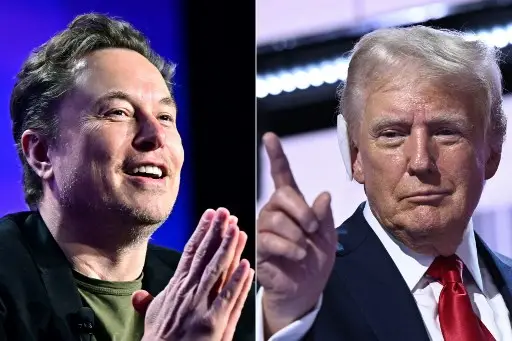WASHINGTON, United States — The United States has suspended aid to South Africa following a controversial land reform policy that has reignited tensions over property rights and racial equity in the country. President Donald Trump signed an executive order on Friday citing concerns that the policy could lead to “ethnic minority farmers losing their land without fair compensation.”
The move, which immediately halts financial assistance and development grants to South Africa, has drawn both support and criticism domestically and abroad.
A Contentious Land Reform Policy
The law at the center of the dispute, signed by South African President Cyril Ramaphosa, allows for land expropriation under certain conditions without the requirement of full compensation. South African officials argue the measure is a necessary step to correct deep-rooted inequalities dating back to apartheid, when Black South Africans were systematically excluded from land ownership.
“The idea that this law is an attack on any specific racial group is misleading,” said a spokesperson for South Africa’s presidency. “It is about economic justice and long-overdue reform.”
However, opponents, including some U.S. lawmakers and prominent business figures, argue that the law sets a dangerous precedent for property rights and foreign investment in South Africa.
Elon Musk and Right-Wing Critics Speak Out
South African-born billionaire Elon Musk has emerged as one of the most vocal critics of the policy. In a series of posts on social media, Musk accused the South African government of enforcing “openly racist land laws” and warned that such measures could destabilize the economy.
Conservative commentators in the U.S. have echoed these concerns, comparing the situation to past land seizures in Zimbabwe that led to economic collapse. Right-wing groups have also used the debate to call for immigration policies that would grant asylum to white South African farmers.
Broader Implications for U.S.-Africa Relations
The decision to freeze aid signals a shift in U.S. policy toward South Africa, a nation that has historically been a key partner in Africa for trade and diplomacy. Some analysts argue that the move could push South Africa closer to other global powers, such as China and Russia, which have been increasing their influence on the continent.
Meanwhile, human rights groups have criticized Trump’s actions, pointing out that his administration has been less vocal about land disputes and human rights abuses in other parts of the world.
“This is a selective outrage,” said one African policy expert. “The U.S. is picking and choosing when to defend property rights based on political convenience.”
What Comes Next?
As tensions mount, both the U.S. and South Africa are expected to engage in diplomatic negotiations to prevent further deterioration of relations. South African officials have indicated that they will not reverse course on land reform, while the Trump administration has suggested that aid could be restored if certain assurances are provided regarding property rights.
For now, the dispute remains a flashpoint in global politics, with ripple effects that could extend beyond just these two nations.






